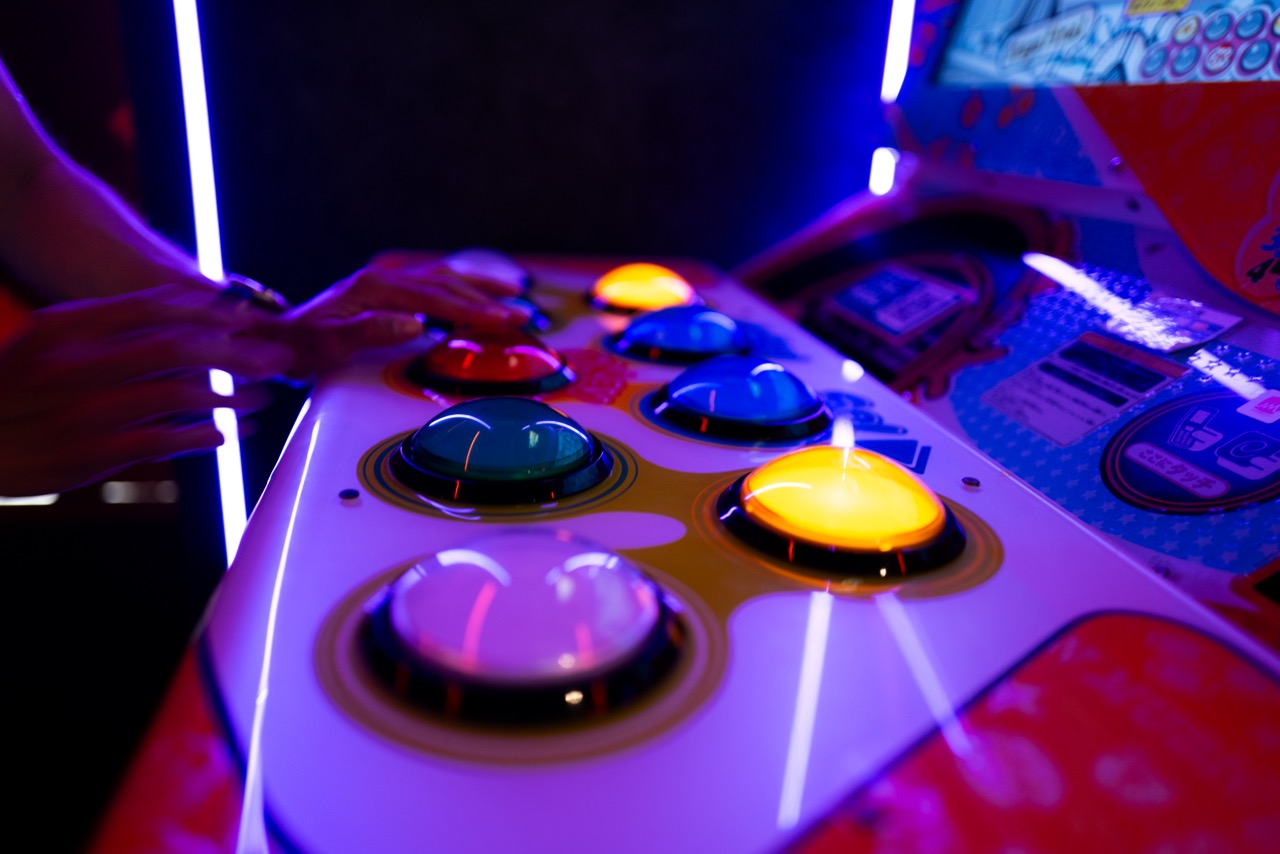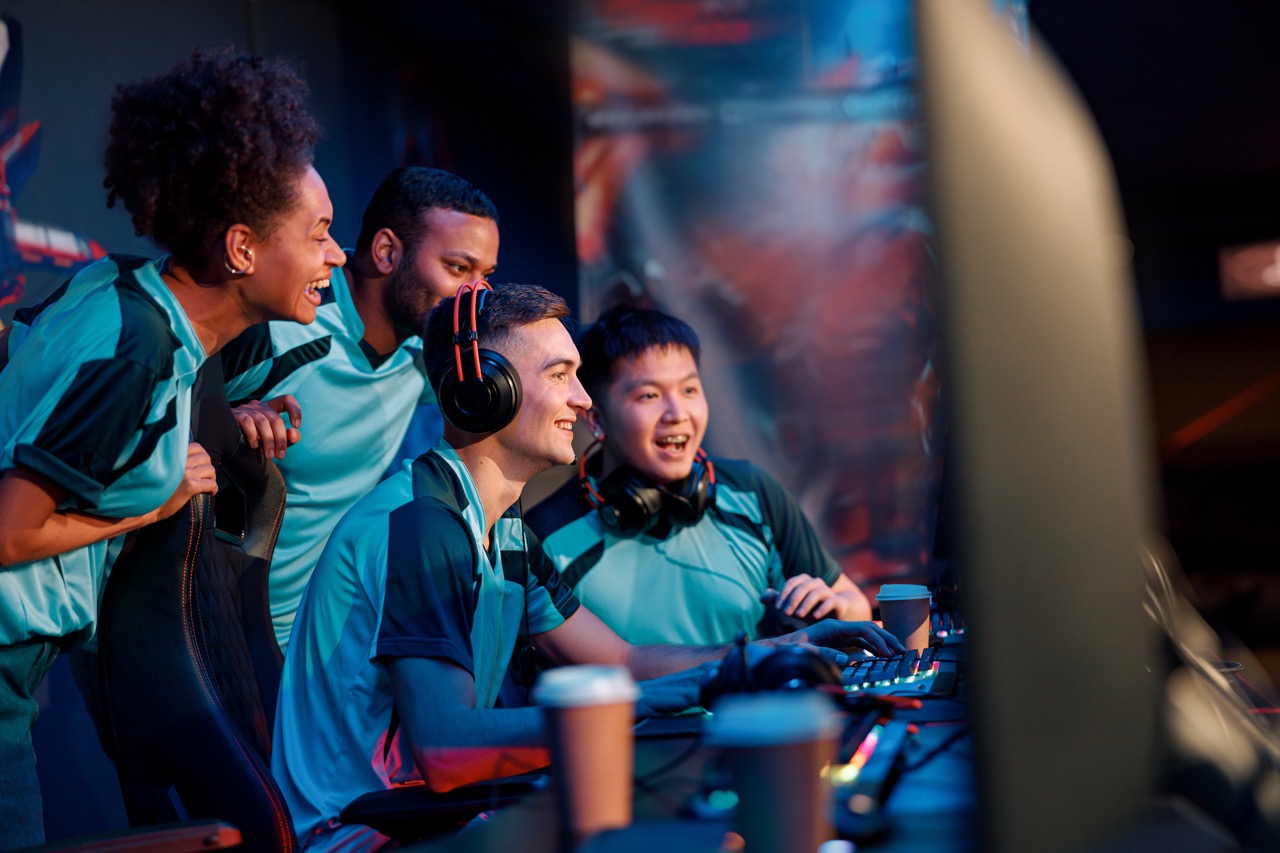In recent years, professional gaming has transformed into a colossal global industry, attracting millions of fans and generating billions in revenue. With this surge in popularity, branding has emerged as a crucial component for gaming teams looking to carve out their niche in the esports landscape. A well-crafted brand can elevate a team from obscurity to renown, creating a lasting impression on fans and sponsors alike. Let’s dive into the role of branding in professional gaming teams and see how it shapes their identity, boosts recognition, and drives revenue.
Understanding Branding: What It Means for Gaming Teams
Branding isn’t just about a logo or catchy tagline; it’s the essence of how a team is perceived by fans, players, and sponsors. In esports, a successful brand encapsulates a team’s culture, values, and vision, making it relatable and memorable. It serves as a beacon that connects fans to the team on an emotional level, fostering a sense of belonging and loyalty. By establishing a unique identity, teams can differentiate themselves in an increasingly crowded market.
For professional gaming teams, branding also extends to the game titles they participate in and the personas of their players. A team’s brand can be built around the expertise of its players, their personalities, and their performance records. This is increasingly important in a space where personal branding can be as influential as the team’s collective identity. In short, the effectiveness of a team’s brand can make or break its success, influencing everything from fan engagement to sponsorship deals.
Moreover, the digital landscape has allowed esports teams to reach global audiences. Social media platforms, streaming services, and online gaming communities offer a fertile ground for branding initiatives. Teams can leverage these platforms to create interactive content, share updates, and engage in real-time with fans. This level of accessibility allows brands to build a comprehensive narrative that resonates with a diverse fanbase, expanding their reach and visibility across various demographics.
How Branding Boosts Team Recognition and Fan Loyalty
A strong brand fosters recognition, making it easier for fans to identify and rally behind a team. Unique logos, distinct color schemes, and memorable team names create visual identifiers that fans can instantly associate with their favorite teams. This recognition isn’t just superficial; it’s foundational for building emotional connections. When fans feel a connection to a brand, they’re more likely to support it through thick and thin, whether it’s during losing streaks or championship runs.
Fan loyalty is a significant driver of a team’s success and revenue. A dedicated fanbase will not only attend games and buy merchandise but will also engage on social media and promote the team to others. This word-of-mouth marketing is invaluable. When fans feel invested in a brand, they become ambassadors, amplifying the team’s visibility and reputation in the community and beyond. A well-recognized brand can turn casual players into die-hard supporters, creating a thriving ecosystem that benefits everyone involved.
Additionally, branding plays a pivotal role in attracting sponsorships and partnerships. Companies are more likely to invest in teams that have a strong, recognizable brand with a loyal following. They see value in associating their products with a team that has a positive reputation and a dedicated fanbase. This mutually beneficial relationship can lead to lucrative deals that further enhance the team’s brand and financial stability, solidifying their place in the esports industry.
The Impact of Merchandising on Team Identity and Revenue
Merchandising is one of the most tangible expressions of a team’s brand. From jerseys to collectibles, team merchandise allows fans to showcase their loyalty and pride. When fans wear team gear, they become walking advertisements, spreading brand awareness and fostering a sense of community among fellow supporters. This not only solidifies a fan’s connection to the team but also enhances the team’s visibility in the broader public sphere.
For gaming teams, effective merchandising strategies can significantly boost revenue streams. By offering a range of products that resonate with fans—be it high-quality apparel, fun collectibles, or digital goods—teams can capitalize on their brand strength. Seasonal releases, limited-edition items, and collaborations with artists or designers can create buzz and urgency, driving fans to make purchases. The revenue generated from merchandise can be reinvested into the team, supporting operations, player salaries, and marketing efforts.
Moreover, merchandising provides an opportunity for teams to further define their identity and narrative. Custom designs that reflect a team’s unique culture, values, and achievements can resonate deeply with fans. When fans feel that their purchases reflect their passion and connection to the team, it solidifies their loyalty. A well-executed merch strategy not only strengthens a team’s financial position but also enhances its brand identity, creating a richer experience for fans.
Strategies for Building a Strong Brand in Esports Today
To build a strong brand in esports, teams need to start with a clear vision and mission that resonate with fans. Establishing a core set of values allows teams to create a consistent narrative that fans can relate to. Whether it’s a focus on competitive excellence, community involvement, or inclusivity, having a defined brand ethos can guide every decision, from content creation to team culture.
Engaging with fans through social media and interactive content is also vital. Teams should leverage platforms like Twitch, Instagram, and Twitter to create a two-way dialogue with their fanbase. Regular updates, behind-the-scenes content, and fan polls can help teams stay connected and relevant in the fast-paced esports environment. The more authentic and relatable a team’s brand is, the stronger the bond it can forge with its fans.
Finally, collaborations and partnerships can enhance brand visibility and credibility. Working with influencers, content creators, or even other teams can introduce a brand to new audiences. These partnerships can lead to cross-promotional opportunities that enrich the team’s narrative and broaden its reach. In an industry where collaboration is key, teams that embrace these strategies will likely find greater success in establishing and maintaining a strong brand presence.
In the world of professional gaming, branding is more than just aesthetics; it’s about building lasting relationships with fans and creating a solid identity in a competitive space. From boosting team recognition and fan loyalty to generating revenue through merchandising, effective branding strategies are essential for any gaming team looking to thrive in the esports arena. As the industry continues to evolve, teams that prioritize and invest in their brand will undoubtedly stand out, paving the way for future success and innovation.










